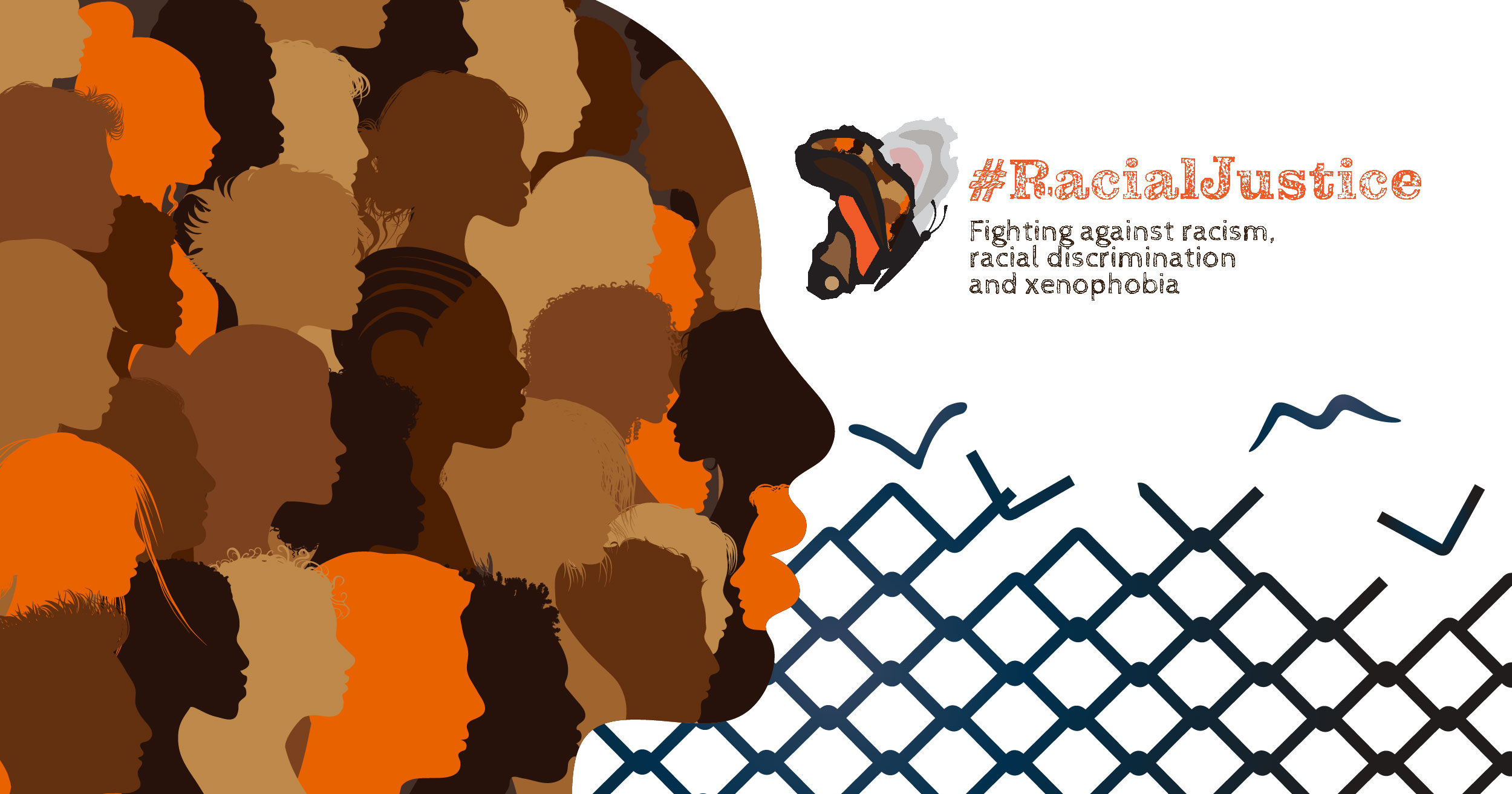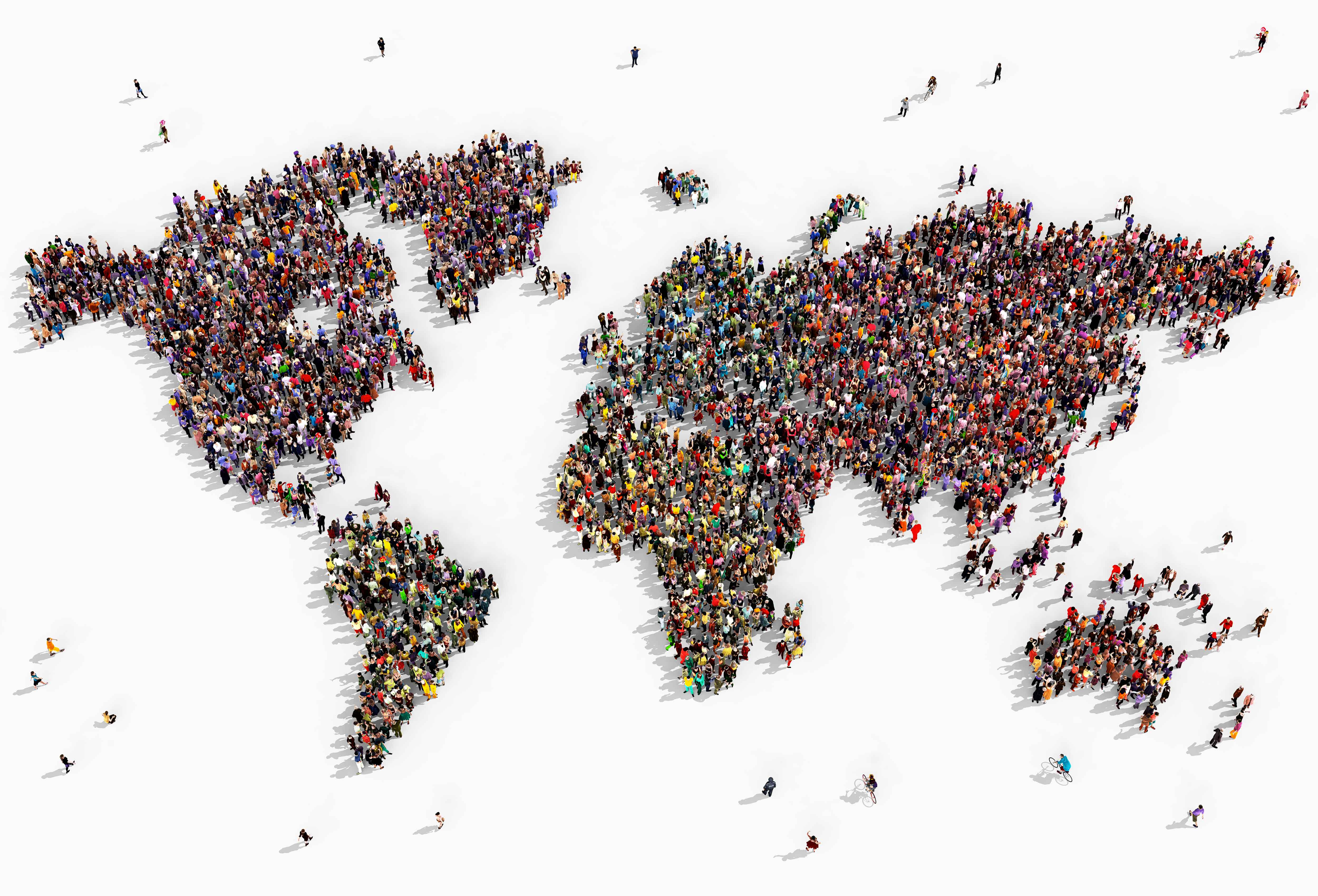The Centre for Human Rights, Faculty of Law, University of Pretoria is joining the global community by launching a campaign to fight racism, racial discrimination and xenophobia. The campaign aims to achieve racial justice for the many victims of racism and racial discrimination. The victims include migrants, particularly migrants, refugees and asylum seekers, indigenous communities, ethnic minorities and subjects of caste practices, women and girls trafficked for sexual exploitation and slave-like working conditions and those still being subjected to foreign occupation.
The Centre will fight for racial justice on the African continent through awareness raising, webinars, research and advocacy. Women, children, foreign nationals, LGBTIQ and ethnic minorities face intersectional forms of racial discrimination and the Centre will leave no one behind in the fight against racism, racial discrimination, xenophobia and related intolerance. In 2019 the Centre undertook a campaign against xenophobia and the 2023 campaign will not have a specific focus on this issue, but will look at racial discrimination more broadly.
The Racial Justice campaign will have an internal, Centre-focused dimension, and an outward-looking dimension, at four levels, circling out from the local (Tshwane, Gauteng), to the country (South Africa), continental (Africa) and global levels.
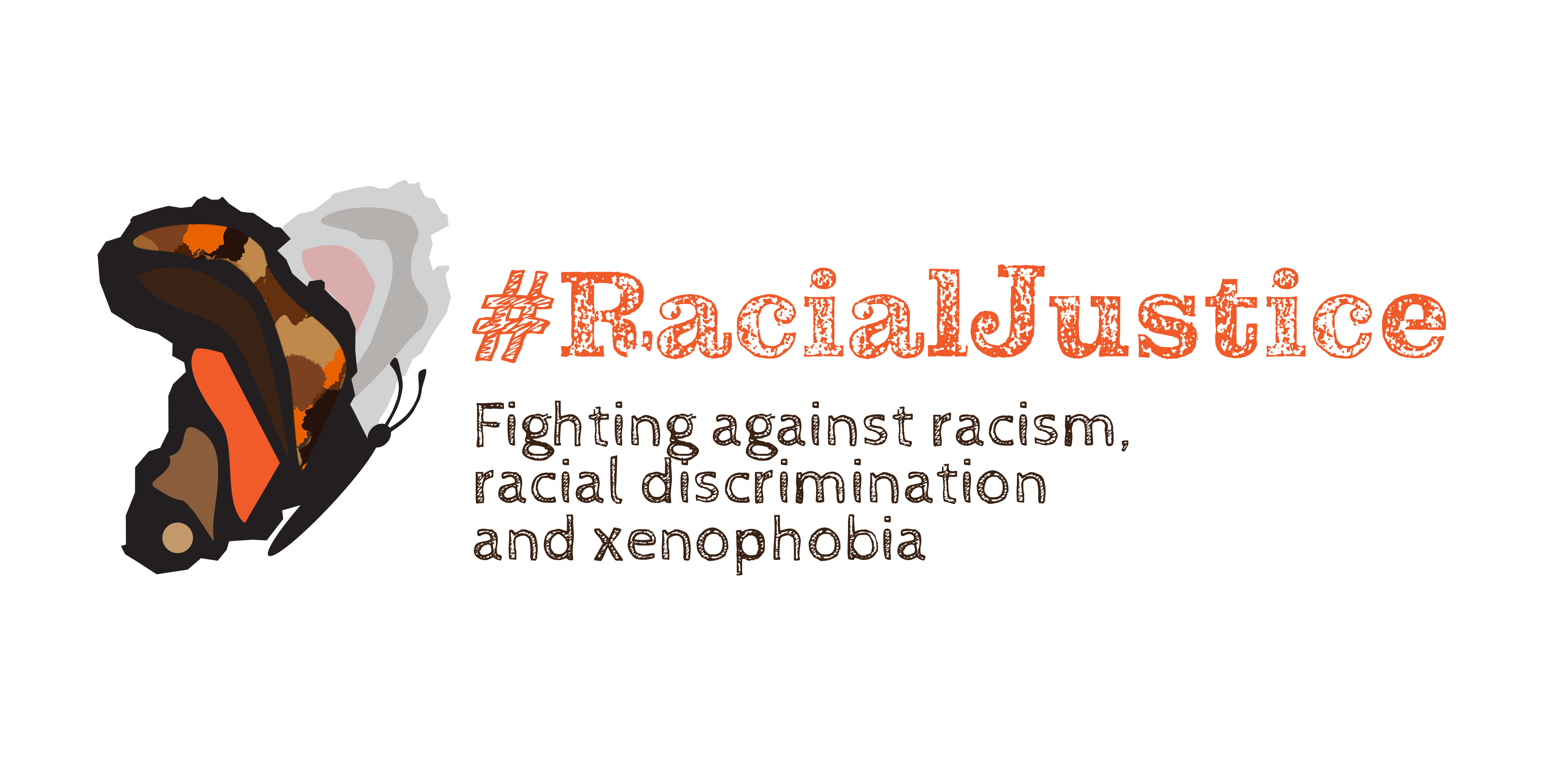 Centre-focused dimension
Centre-focused dimension
Both the Centre’s academic programmes and projects encompass elements that speak to racism and the potential for advancing racial justice.
This campaign will require each of the academic programmes to engage in an introspective process of curriculum review and of reconsidering the epistemic basis of our knowledge generation and sharing, as far as they relate to perpetuating race-infused coloniality, for example. The campaign will take seriously the challenge in the University of Pretoria ‘Four Drivers’ Curriculum Transformation Framework: ‘Diversifying epistemology means bringing marginalised groups, experiences, knowledge and worldviews emanating from Africa and the Global South to the centre of the curriculum. It involves challenging the hegemony of Western ideas and paradigms and foregrounding local and indigenous conceptions and narratives while recognising the global context.’
These reflections should interrogate the very concept of ‘race’, which is essentially a social construct, but remains a locus of discrimination and counter-mobilisation.
The Centre’s Units have in their projects touched upon racial discrimination. With their attention directed to the rights of the most marginalised groups in our societies, the potential for investigating the intersection of race and other factors such as gender, sexual orientation and gender identity, disability, and conceptions of childhood.
The recent work of the Migration Unit on xenophobia, the Disability Rights Unit on the rights of persons with albinism through the prism of race, and the submission of the SOGIESC Unit on ‘colonialism and homosexuality’ are examples. The potential to explore related themes is abundant in each of our Units.
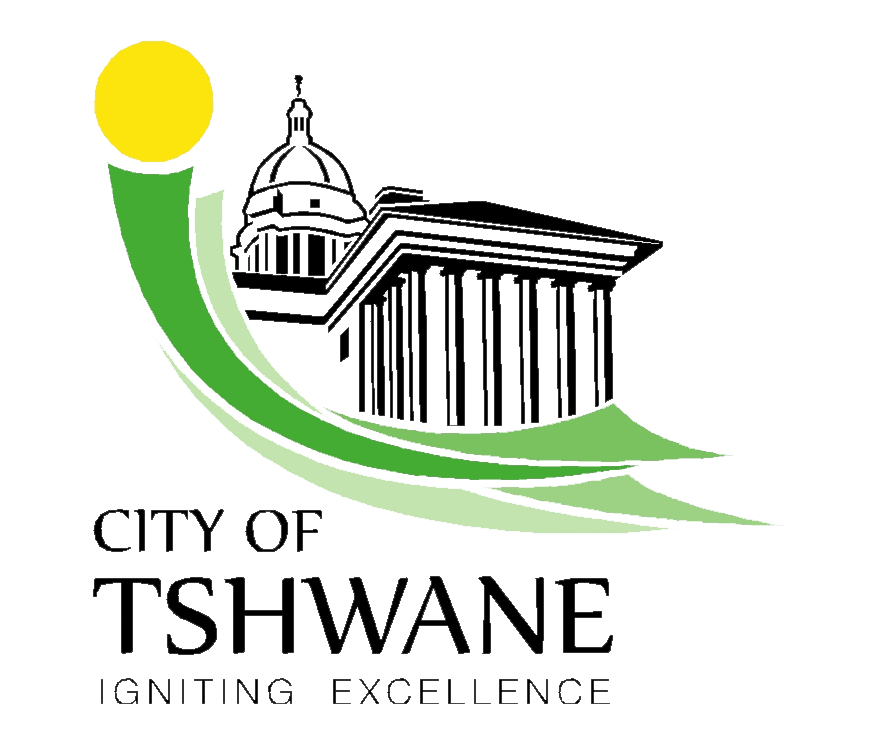 Tshwane, Gauteng dimension
Tshwane, Gauteng dimension
To have greater legitimacy, the Campaign should also be engaged with racist events in our immediate vicinity. The recent cholera outbreak in Hammanskraal, and its links to institutional neglect based on race, is a pertinent example.
South African dimension
 South Africa’s history is closely linked to racial discrimination and the nation's present state. Entry points for Centre engagement include the adoption, entry into force and implementation (including training) of the Prevention and Combating of Hate Crimes and Hate Speech Bill; and our ongoing work on migrants and on xenophobia. Another angle of engagement is the non-ratification by South Africa of the Convention on the Rights of All Migrant Workers and Members of their Families (CMW 2000/2003). It should be noted that Adv Pansy Tlakula is at present a member of the CERD Committee. She could be supported; the work of the Committee be given more prominence through her presence in the country.
South Africa’s history is closely linked to racial discrimination and the nation's present state. Entry points for Centre engagement include the adoption, entry into force and implementation (including training) of the Prevention and Combating of Hate Crimes and Hate Speech Bill; and our ongoing work on migrants and on xenophobia. Another angle of engagement is the non-ratification by South Africa of the Convention on the Rights of All Migrant Workers and Members of their Families (CMW 2000/2003). It should be noted that Adv Pansy Tlakula is at present a member of the CERD Committee. She could be supported; the work of the Committee be given more prominence through her presence in the country.
African dimension
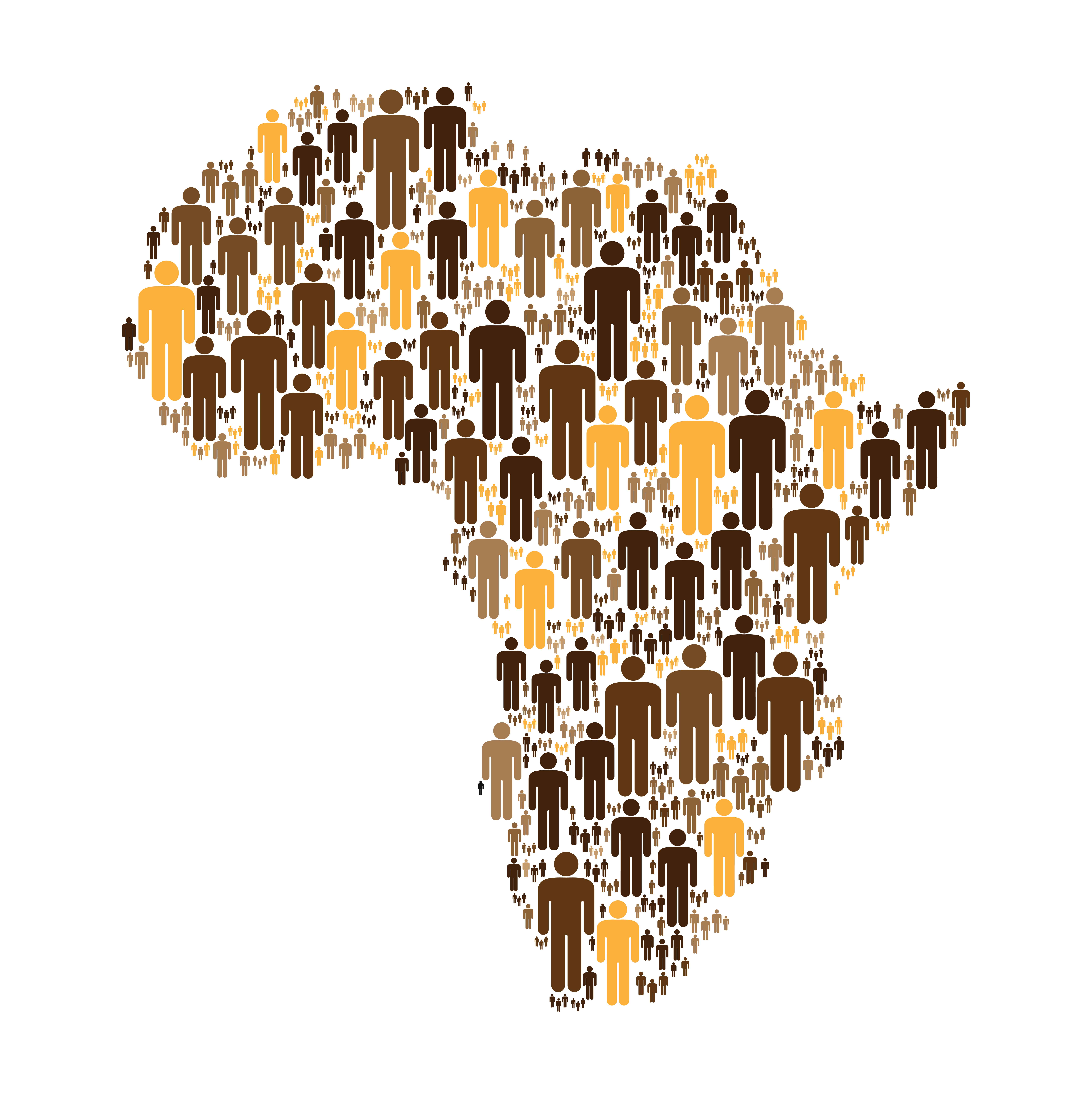 Many African states eschew the notion that race is relevant to or that any form of racism exists in their countries. These responses are particularly pertinent in respect of the claims of indigenous peoples. On the one hand, race is often wrongly viewed as narrowly based on ‘apartheid’-type reminiscent of discrimination against black South Africans. On the other hand, all Africans are regarded as ‘indigenous’, thus negating the need for any particular form of concern for ‘indigenous’ communities such as the Batwa, Khoi, San, Masaai, Ogiek, Endorois and nomadic groups such as the Amazigh (Berber) peoples. Colourism is also a matter that is of concern in Africa. It relates to the forms of prejudice within ethnicities that discriminate against people according to the tone or shade of their skin, causing discrimination to differ dramatically by skin colourism – within a particular racialised group to a member of their own ‘race’, or by members of other ‘colours’ and ‘races’.
Many African states eschew the notion that race is relevant to or that any form of racism exists in their countries. These responses are particularly pertinent in respect of the claims of indigenous peoples. On the one hand, race is often wrongly viewed as narrowly based on ‘apartheid’-type reminiscent of discrimination against black South Africans. On the other hand, all Africans are regarded as ‘indigenous’, thus negating the need for any particular form of concern for ‘indigenous’ communities such as the Batwa, Khoi, San, Masaai, Ogiek, Endorois and nomadic groups such as the Amazigh (Berber) peoples. Colourism is also a matter that is of concern in Africa. It relates to the forms of prejudice within ethnicities that discriminate against people according to the tone or shade of their skin, causing discrimination to differ dramatically by skin colourism – within a particular racialised group to a member of their own ‘race’, or by members of other ‘colours’ and ‘races’.
Although many African states are party to CERD, many report irregularly and few have accepted the individual complaints mechanism under Article 14 of CERD. The Campaign should also draw attention to these aspects.
The Campaign will aim to bring out the complexities of the particular manifestations of race in Africa and devise ways of bringing this to the attention of the relevant continental institutions, including the African Commission on Human and Peoples’ Rights.
Global dimension
Much work on combatting racism and advancing racial justice has been done within the UN. These include, in addition, the Working Group of Experts on People of African Descent (WGEPAD) and the International Independent
Expert Mechanism to Advance Racial Justice and Equality in the Context of Law Enforcement (EMLER). The OHCHR made numerous contributions in this terrain, in particular the High Commissioner’s Four Point Agenda towards transformative change for racial justice and equality. The Centre should leverage its ECOSOC status to be a much more vocal participant in sharing Southern perspectives and shaping the debate at this level. These debates are – understandably – dominated by issues related to people of African descent in the US and Europe, thus neglecting burning issues such as ethic mobilization around power and politics, and discrimination by ‘Africans from sub-Sahara’ in the Sahel region, for example.

